In addition to the Board of Directors, MaleSurvivor is guided by an Advisory Board, as dictated the MaleSurvivor by-laws:
Section 3. Advisory Committee. The Advisory Committee or Advisory Board may be comprised of such individuals as the Board of Directors shall deem fit to serve thereon for either a particular duration for a particular project or occurrence or a formal term. These individuals shall be non-voting, ex-officio members of the Board of Directors and shall have neither legal liability nor personal liability to the Corporation for their acts or omissions. Rather, they will serve in an Advisory capacity for their particular project or occurrence or for their formal term and shall assist the Board with the rendering of certain decisions, upon the latter’s request. They shall not be counted for purposes of quorum, nor shall they vote. They shall not be present at Special Meetings of the Board of Directors, and shall generally be invitees to all Regular Meetings of the Board of Directors only at the discretion of the Board Chair (or President). The Advisory Committee may not vote and is not authorized to act or conduct any business on behalf of the Corporation, whatsoever.
Advisory Board Members
Richard Gartner – Chairperson
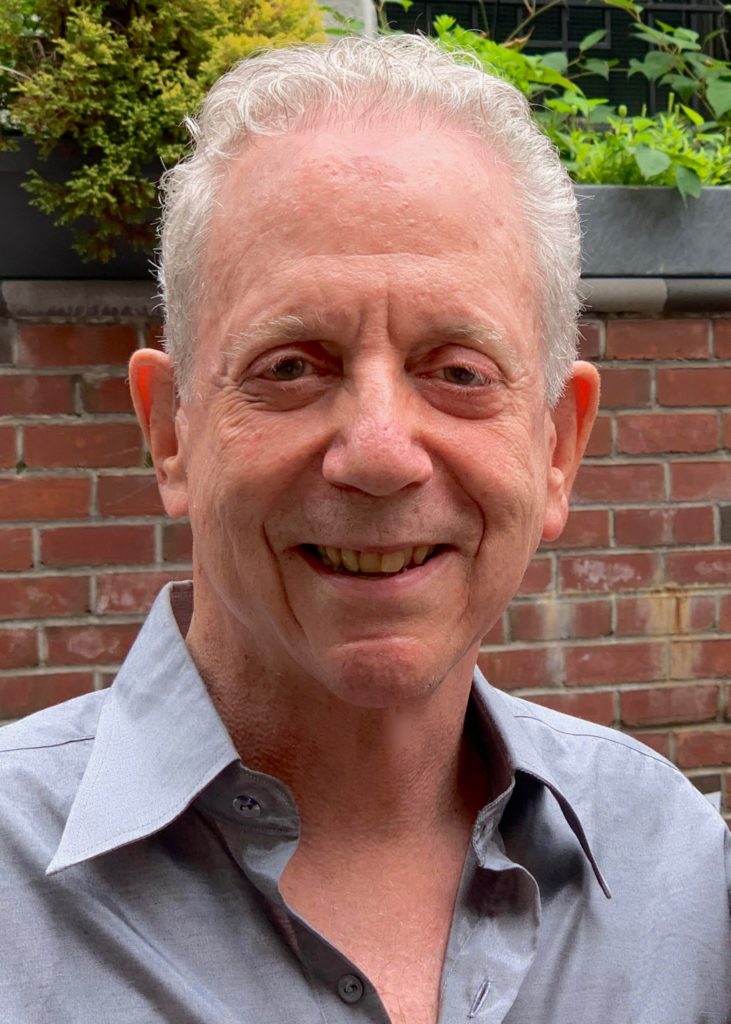
Dr. Richard Gartner, one of the co-founders of MaleSurvivor and its President for two years, was recently awarded a Lifetime Achievement Award by the American Psychological Association’s Division of Trauma Psychology.
After receiving his doctorate in clinical psychology from Columbia University, Richard got post-doctoral training in family therapy and for six years was Director of Family Therapy at a community mental health center on Staten Island, NY. He then began psychoanalytic training at the William Alanson White Psychoanalytic Institute in New York City. Now Training and Supervising Analyst and on the Faculty at the White Institute, he was the Founding Director of its Sexual Abuse Service in 1994. He organized a 1995 conference there about memory and sexual abuse entitled Memories of Sexual Betrayal: Truth, Fantasy, Repression, and Dissociation, then edited the papers from that conference into a book of the same name, published in 1997. In honor of his contributions to the psychoanalytic understanding of trauma, Richard was given the White Institute’s Director’s Award in 2004.
After co-founding MaleSurvivor in 1994, he has remained active in the organization, serving on its Board of Directors for seven years and as its President for two years. He was also active in organizing several of MaleSurvivor’s national conferences. He is currently Chair of its Advisory Board. In his honor, MaleSurvivor has established the Richard Gartner Award for Clinical Contribution.
Richard’s work with sexually abused and assaulted men goes back to the 1980s. He is one of the pioneers who are still bringing male sexual victimization to the attention of professionals as well as to the public. Since 1992, Richard has written and spoken widely about the sexual abuse of boys and men and their psychological treatment. He has focused above all on the interpersonal betrayal at the heart of most sexually traumatic situations. He believes that even more than the physical acts involved, it is betrayal — by trusted guardians, adult caretakers, or adults perceived as caregivers – it is this devastating betrayal that creates the crippling effects of sexual trauma for anyone, but especially any child. This betrayal often has rippling effects in relationships throughout the later life of any child or adult who has been sexually abused or assaulted. It also can result, for example, in a wide variety of other problems, from addictions and compulsions to depression, to anxiety, to physical problems, to sexual dysfunctions of one sort or another.
Richard presented a series of papers on male sexual victimization at professional conferences in the 1990s. In 1999, based on those papers, he wrote Betrayed as Boys: Psychodynamic Treatment of Sexually Abused Men, which was runner up for the Gradiva Award of the National Association for the Advancement of Psychoanalysis (NAAP) for best book on a clinical subject. It is now considered a classic text for professionals treating sexually abused men and boys.
Advisory Board Members listed alphabetically:
Christine Courtois
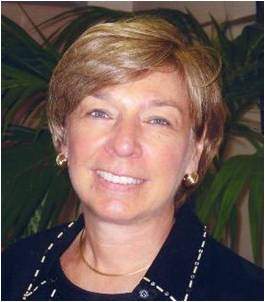
Jane Flinn

Howard Fradkin

Marci Hamilton

Practice at the University of Pennsylvania. Professor Hamilton is the leading legal expert on clergy sex
abuse and child sex abuse statutes of limitation (“SOL”). Hamilton has received numerous awards for her advocacy regarding the protection of children and has been invited to testify and advise legislators in every state where significant SOL reform has occurred and in Congress. She is the author of Justice Denied: What America Must Do to Protect Its Children (Cambridge University Press), which advocates for the elimination of child sex abuse statutes of limitations
Larry Morris
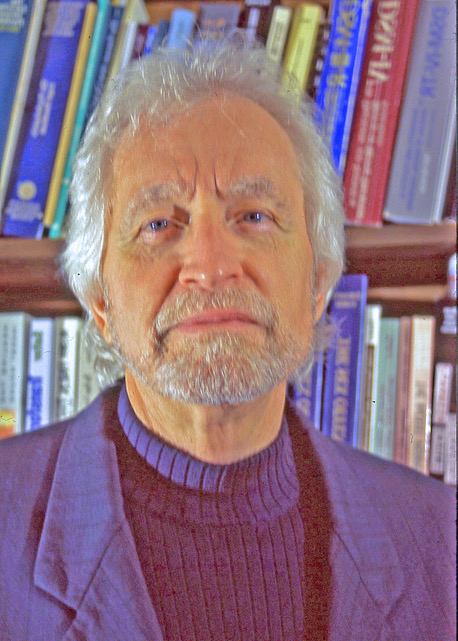
Kelli Palfy
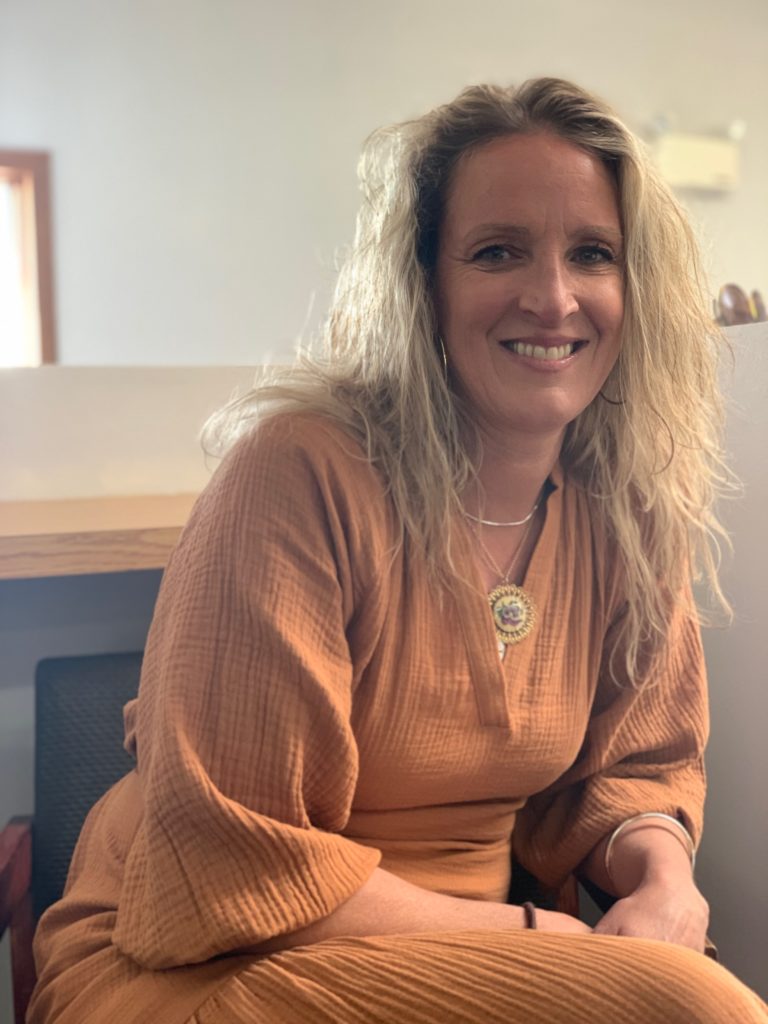
After leaving the RCMP, Dr. Palfy obtained her Ph.D. in Counseling Psychology from the University of Alberta. Since she wanted to support male victims, she sought to better understand the reasons why males don’t commonly disclose sexual abuse. She is now a trained trauma therapist and public speaker on the topic of male abuse. Dr. Palfy currently runs a small private practice where she works with male survivors of sexual abuse and first responders using Emotion-Focused and Cognitive Behavioral Approach, plus Eye Movement Desensitization and Reprocessing (EMDR), and Prolonged Exposure.
Dr. Kelli Palfy is the author of: ME^N TOO: UNSPOKEN TRUTHS ABOUT MALE SEXUAL ABUSE. First and foremost, this book was written for male survivors, their supporters and for helping professionals. It is a psycho-educational book intended to support and educate the public and male survivors. In this book I discuss the different types of offenders, how they chose and groom their targets and common responses to sexual abuse.
In this book Dr. Palfy also provide facts about parental and sibling abuse. Through the stories of 13 male sexual abuse victims, she discusses what research shows about why boys and men so seldom seek support. It is written from their perspective, but with the wisdom of retired police officer turned psychologist, Dr. Kelli Palfy.
Dr. Palfy is also co-author of a new children’s book series called The Creating Personal Safety Series, a collection of 3 books intended for parents, teachers or therapists to read to children. They are designed to help facilitate much needed discussions about the concepts being groomed, reporting abuse, attending for therapy, and the risks of being caught up in human trafficking. These books provide parents and educators with the language needed to have those tough conversations with kids and are designed to educate children without scaring them.
Mark Spindelman
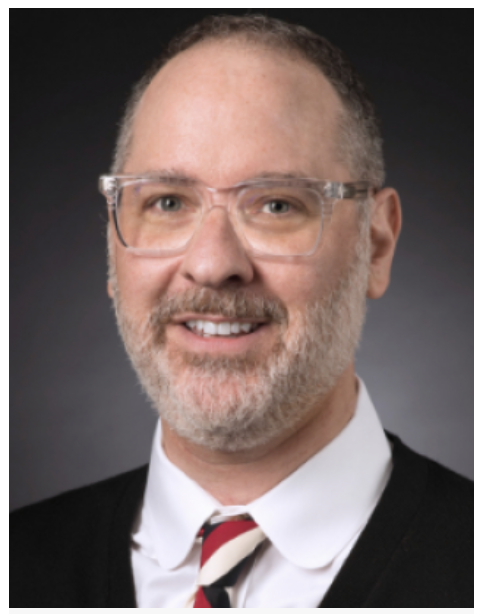
After leaving Wall Street, he was a Reginald F. Lewis Fellow for Law Teaching at Harvard Law School, taught as a Visiting Instructor at the University of Michigan Law School, and spent two years as a Greenwall Fellow in Bioethics and Health Policy at Georgetown University and Johns Hopkins University. While a Greenwall Fellow, Professor Spindelman was also an adjunct professor of law at the Georgetown University Law Center, a faculty associate at the Johns Hopkins University Bloomberg School of Public Health, and a research fellow at the US Food and Drug Administration’s Center for Drug Evaluation and Research.
Since joining the faculty at the Moritz College of Law, Professor Spindelman also has been a visiting professor of law at the Georgetown University Law Center (Spring ’05), and at the University of Michigan Law School (AY ’07-’08).
Professor Spindelman’s scholarship focuses largely on questions of inequality as they intersect law and culture. In addition to current and recent work focused on LGBT rights and reproductive justice, he is the co-author of a leading casebook in Family Law, has published numerous articles (see below), and has been quoted widely in the press. He regularly teaches Constitutional Law, Family Law, Constitutional Law Theory, Critical Theory/Critical Lawyering, Social Justice and the Law, and Sexual Violence and the Law. Other courses he has recently taught include The Lawyer in the Community and an innovative course called The Rule of Law in the Age of Legal Change.
Karen J. Terry

Eli Zal
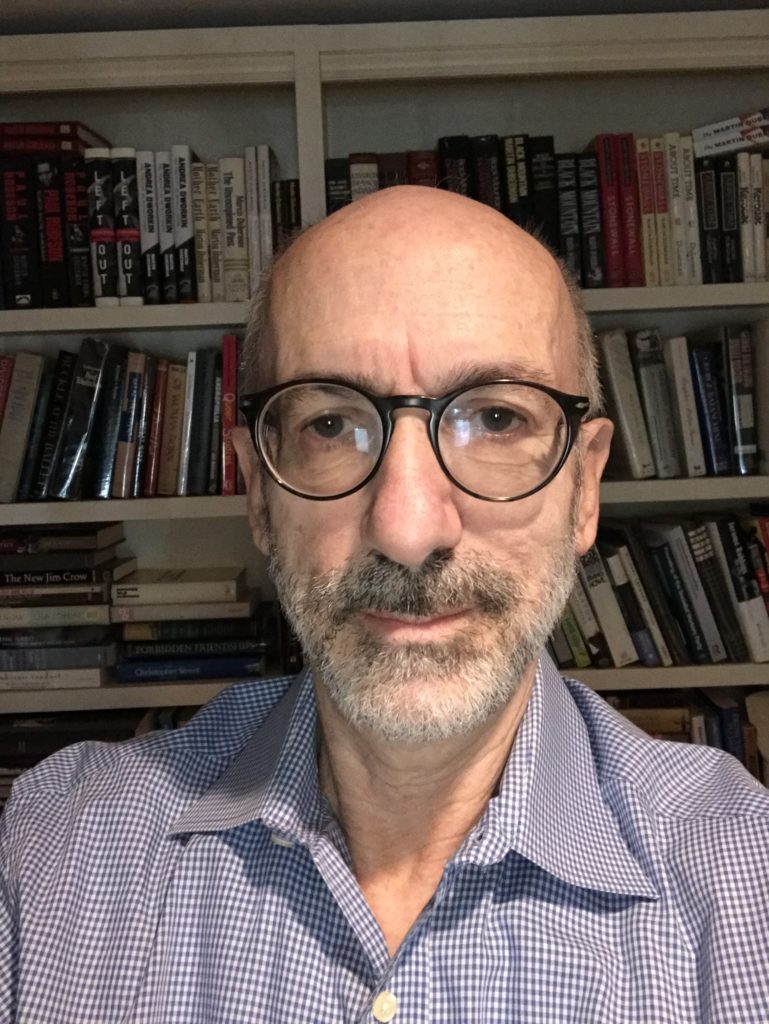
Return to About MaleSurvivor page.




